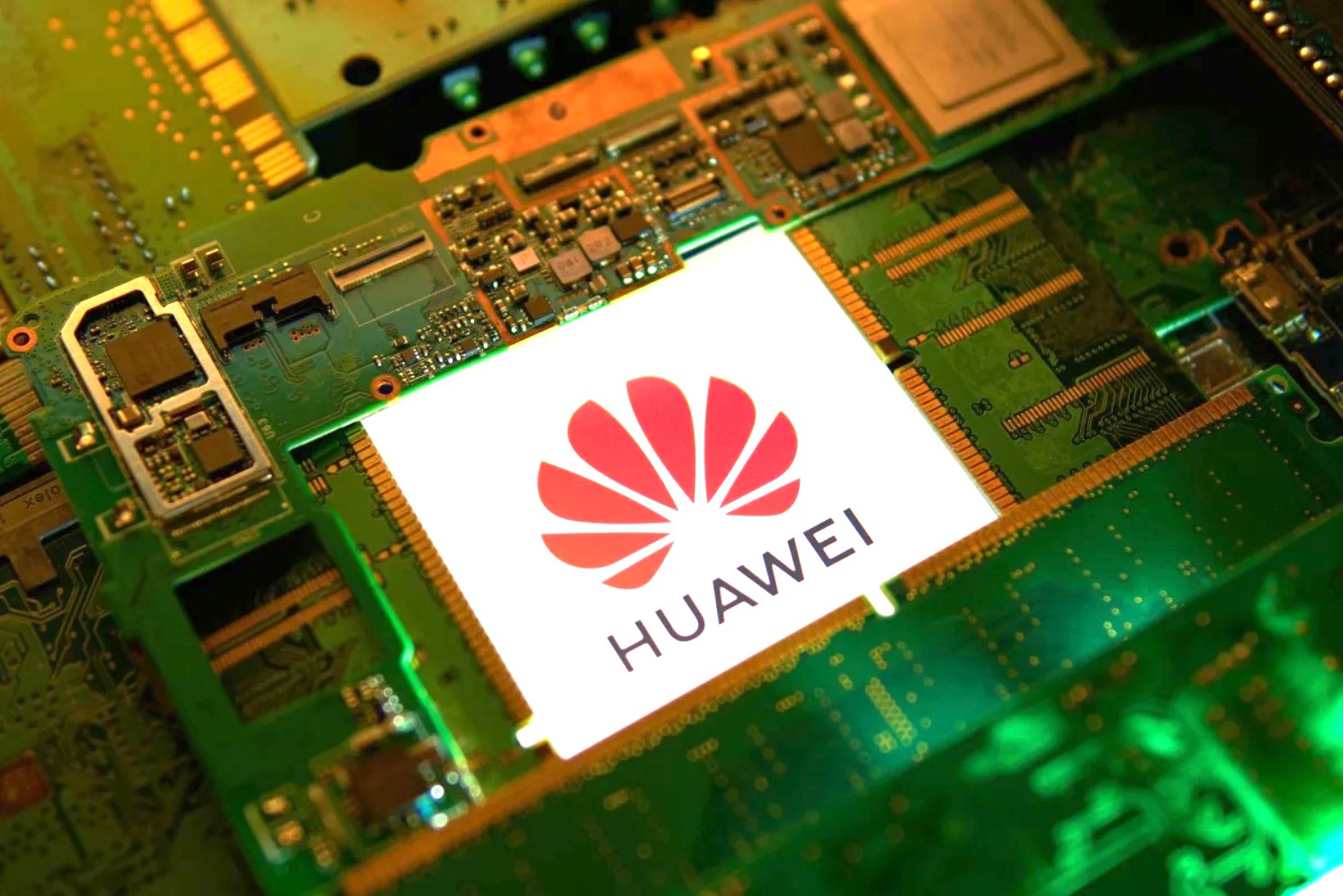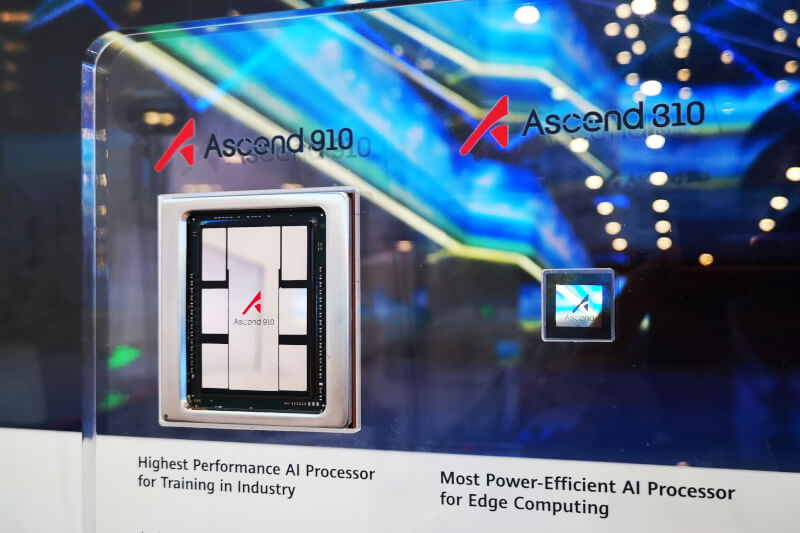Huawei struggles with poor AI chip yields

Huawei is facing significant difficulties in expanding production of its Ascend 910B AI processors due to insufficient yields at Semiconductor Manufacturing International Co. (SMIC), reports Korean business daily Chosun.biz. This affects Huawei's ability to develop its artificial intelligence business and underscores China's inability to be self-sufficient in advanced chip production.
The Ascend 910B, Huawei's second-generation AI processor, was designed to replace Nvidia's AI processors (primarily A100), which dominated over 90% of the Chinese market. However, the production rate is extremely low, as only 20% of the chips SMIC produces work as intended. It should be noted that almost all major processors made today have defects, but this does not make them useless.
Modern chips are designed to withstand a varying amount of manufacturing defects—manufacturers simply disable cores or other functions to make the chip usable, despite the defect. Huawei's Ascend 910B is reported to be manufactured using SMIC's second-generation 7nm-class process technology. This production platform is also used for Huawei's HiSilicon Kirin 9000S smartphone processor.
Since this system-on-chip is significantly smaller than the Ascend 910B, the yield should be significantly higher at the same defect density. Huawei's Ascend 910 and 910B are fairly large multi-chiplet processors. The die size of the Ascend 910 chiplet (Vetruvian) was 456 mm^2, making it a very large processor. It is likely that the main SoC in the Ascend 910B is slightly larger, making it particularly difficult to manufacture.

However, its yield is unlikely to be as low as 20%. An educated guess would be that 20% of the Ascend 910B chips are in perfect condition, and many of the remaining 80% can be upgraded to work, albeit with lower performance. Unlike TSMC and Samsung Foundry, which use EUV lithography to make chips with advanced process technologies, SMIC is forced to rely on multi-patterning and DUV lithography machines. These require more steps in the production process, increasing costs and the risk of defects and further tightening production capacity.
US sanctions exacerbate these problems by limiting the supply of advanced silicon fabrication tools and spare parts for advanced DUV lithography tools that SMIC already has. As a result, maintenance and repair of the production equipment has become problematic, and SMIC lacks sufficient engineers to handle and maintain their semiconductor machines.
In addition, global equipment suppliers, worried about US sanctions, are reluctant to service advanced machines sold in China, leading to more frequent equipment failures and defective chips.
In the future, Huawei plans to produce the Ascend 910C, which uses an even more advanced production node, as well as introduce AI processors with a 5 nm process next year. However, it is expected that the company will face similar challenges in scaling up the production speed of these new processors. These manufacturing difficulties have wider implications for major Chinese tech companies such as Tencent and Baidu, which rely on Huawei's AI processors as alternatives to limited Nvidia chips.
However, SMIC's alleged inability to achieve expected yields with larger processors using its second-generation 7nm process technology casts doubt on China's desire to be self-sufficient in semiconductor manufacturing.
Latest processor - cpu
-
31 Octprocessor - cpu
-
16 Sepprocessor - cpu
AMD Ryzen AI 7 PRO 360 spotted
-
04 Sepprocessor - cpu
Intel scores big AI chip customer
-
04 Sepprocessor - cpu
Exclusively-Intel manufacturing store drawers
-
29 Augprocessor - cpu
Big performance boost for Ryzen CPUs
-
28 Augprocessor - cpu
Intel shares could fall in battle with TSMC and NV
-
28 Augprocessor - cpu
AMD is claimed to have been hacked
-
27 Augprocessor - cpu
Intel presents Lunar Lake, Xeon 6, Guadi 3 chips
Most read processor - cpu
Latest processor - cpu
-
31 Octprocessor - cpu
AMD will launch the Ryzen 7 9800X3D on November 7
-
16 Sepprocessor - cpu
AMD Ryzen AI 7 PRO 360 spotted
-
04 Sepprocessor - cpu
Intel scores big AI chip customer
-
04 Sepprocessor - cpu
Exclusively-Intel manufacturing store drawers
-
29 Augprocessor - cpu
Big performance boost for Ryzen CPUs
-
28 Augprocessor - cpu
Intel shares could fall in battle with TSMC and NV
-
28 Augprocessor - cpu
AMD is claimed to have been hacked
-
27 Augprocessor - cpu
Intel presents Lunar Lake, Xeon 6, Guadi 3 chips






